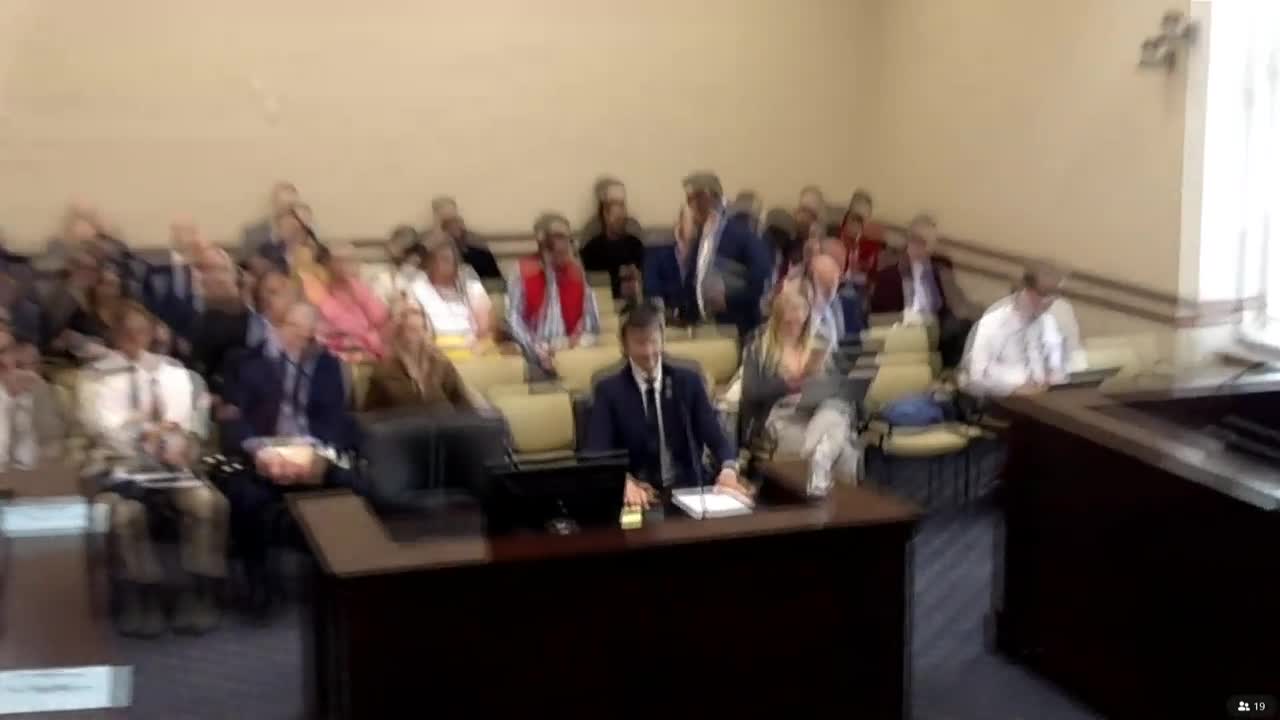House panel advances HOA overhaul creating state ombudsman and disclosure rules
Get AI-powered insights, summaries, and transcripts
Subscribe
Summary
The House Political Subdivisions Standing Committee voted unanimously to pass HB217, the second substitute homeowners association amendments, which establishes a state homeowners association ombudsman, limits some penalties and interest, requires document access and annual officer reporting, and mandates disclosure of reinvestment fees.
Representative Walter, sponsor of HB217, told the committee the measure responds to a growing number of Utah homes governed by homeowners associations and aims to protect members' rights.
The bill establishes an HOA ombudsman within state government, requires disclosure and member control of reinvestment fees, limits excessive penalties and interest on late assessments, and requires that governing documents and financial records be available to members at no charge through an owner portal. Representative Walter said the office would be limited to issuing determinations on state law and that the ombudsman would charge an appeal fee to reduce frivolous requests: "The ombudsman is not a free service," he said.
Why it matters: Utah now has more than a half-million homes in HOAs, sponsors said, and the panel heard examples — from disputes over political signs and withheld governing documents to allegations of board members using HOA funds for personal benefit — that they said justify a state-level resource to help owners understand and enforce state law.
Public commenters included city and HOA officials. Kurt Ivy, a Washington City council member, said his constituent complaints included alleged misuse of association funds and barriers to document access; Ivy urged passage: "It's needed. And thousands of Utahns are counting on this to resolve issues that they can't otherwise." Bruce Cutler of West Jordan, speaking for some community leaders, said similar programs in other states had low use and warned against creating a new state office. Doug Shumway, a Centerville HOA board president, opposed the bill on fiscal grounds, saying required responses could increase associations' legal costs and assessments.
Committee discussion emphasized that the ombudsman will be limited to state-law issues and that existing dispute-resolution measures in governing documents (including ADR) could be used before an appeal in many cases. Representative Ward asked whether ADR should be required; Representative Walter answered that governing documents can already include ADR and homeowners could rely on those remedies before an ombudsman appeal.
Action and next steps: Representative Peterson moved to pass out the second substitute with a favorable recommendation; the motion carried unanimously. The committee adopted the bill as the second substitute and sent it forward for further consideration.
Ending: The bill’s intact provisions include ombudsman authority limited to state-law matters, disclosure of reinvestment fees in declarations, limits on penalties and interest, required electronic access to governing documents and financials at no charge, and an annual officer list filed with the Department of Commerce.
